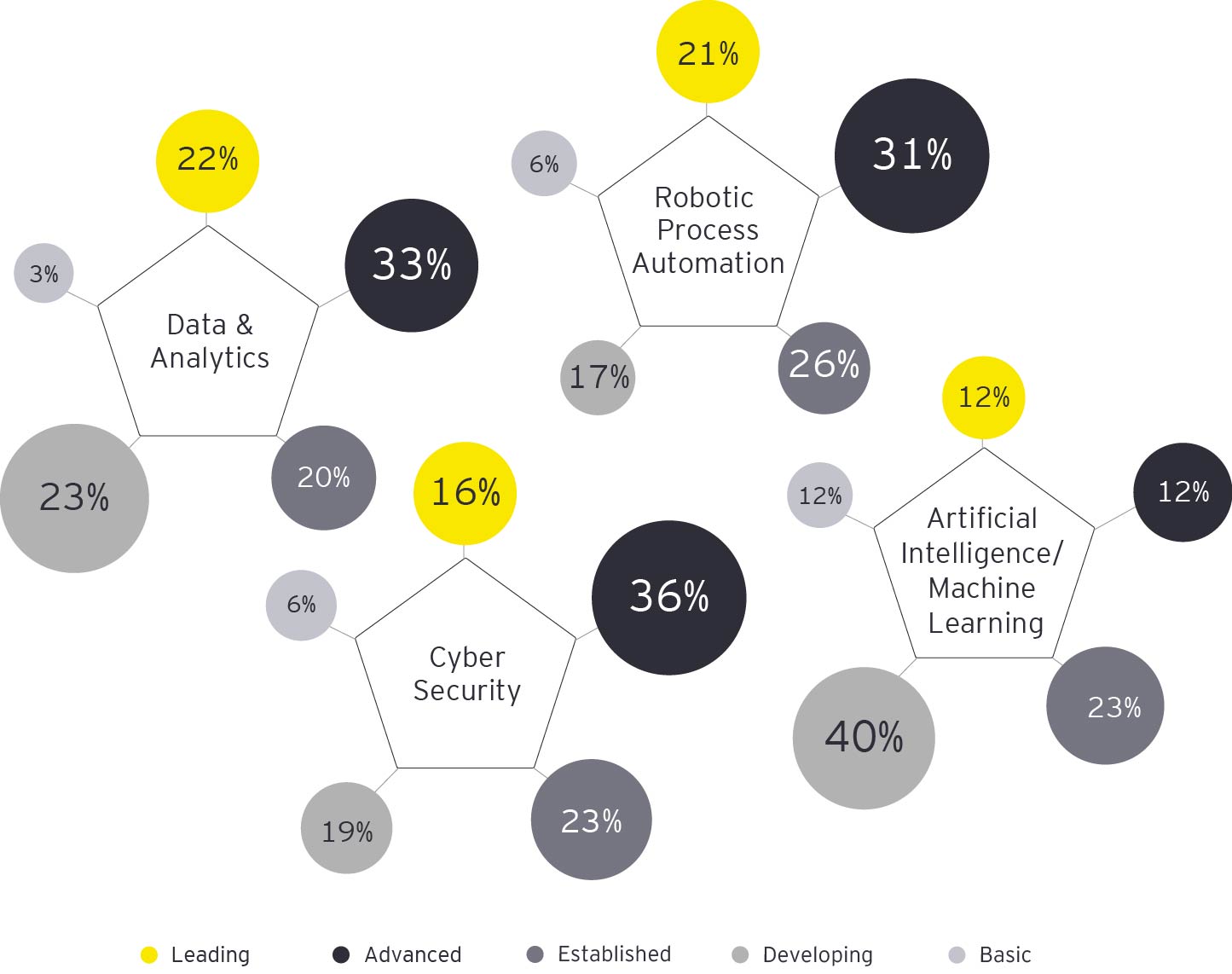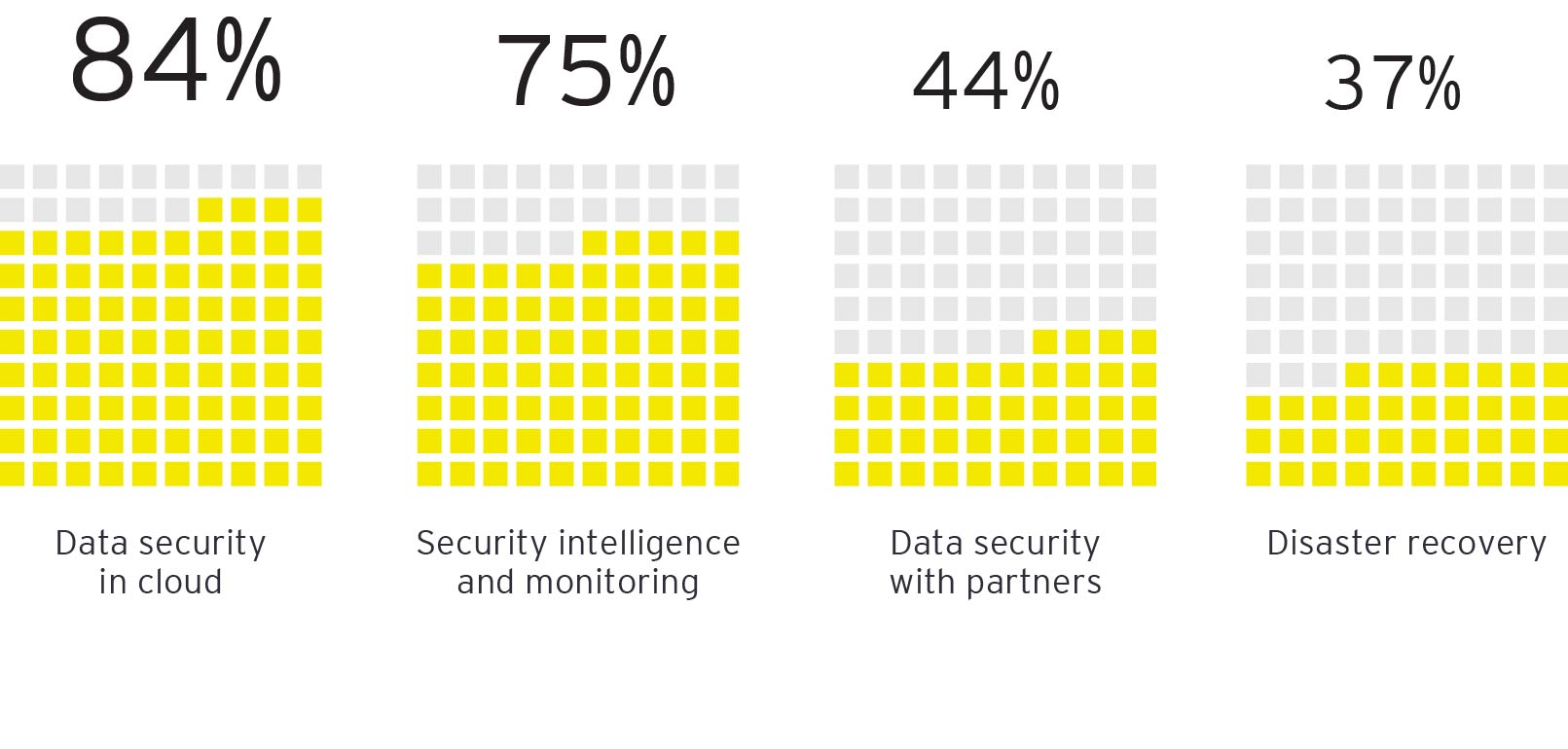Putting Human@Center
According to the survey, GCCs have experienced an average attrition rate of 12.5%, with nearly 60% reporting attrition rates falling between 5% and 15%. Interestingly, about three-fourths of the survey respondents expressed concerns that increased attrition, driven by the competitive talent landscape, continues to pose a high to medium risk for their business.
Over the past 12 months, the synergy between the GCC sector and start-ups has led to the creation of new products. Additionally, GCCs are offering a range of learning opportunities to their workforce, with the goal of up-skilling and cross-skilling, thereby strengthening their operational capabilities.
Addressing scalability in operations
The GCC industry has a well-developed future of work strategy and consistently adapts to the evolving dynamics of work in the modern landscape. However, participants acknowledge the growing and evolving necessity to redefine their Employee Value Proposition (EVP), with 38% of survey participants planning to implement changes in their EVP.
Risk to resilience
With the hybrid work model becoming the new normal for GCCs in India, leakage of confidential information due to increased cyber-attacks is seen as a major threat to operations. Today, GCCs are better positioned to manage cyber security requirements, where 92% of respondents stated that they have a robust cybersecurity policy and a protected network, as compared to 43% in 2021. However, the increased risk of data breaches stemming from remote and hybrid working arrangements remains a cause for concern, given the evolving tactics employed by cyber attackers and the constantly changing threat landscape.




